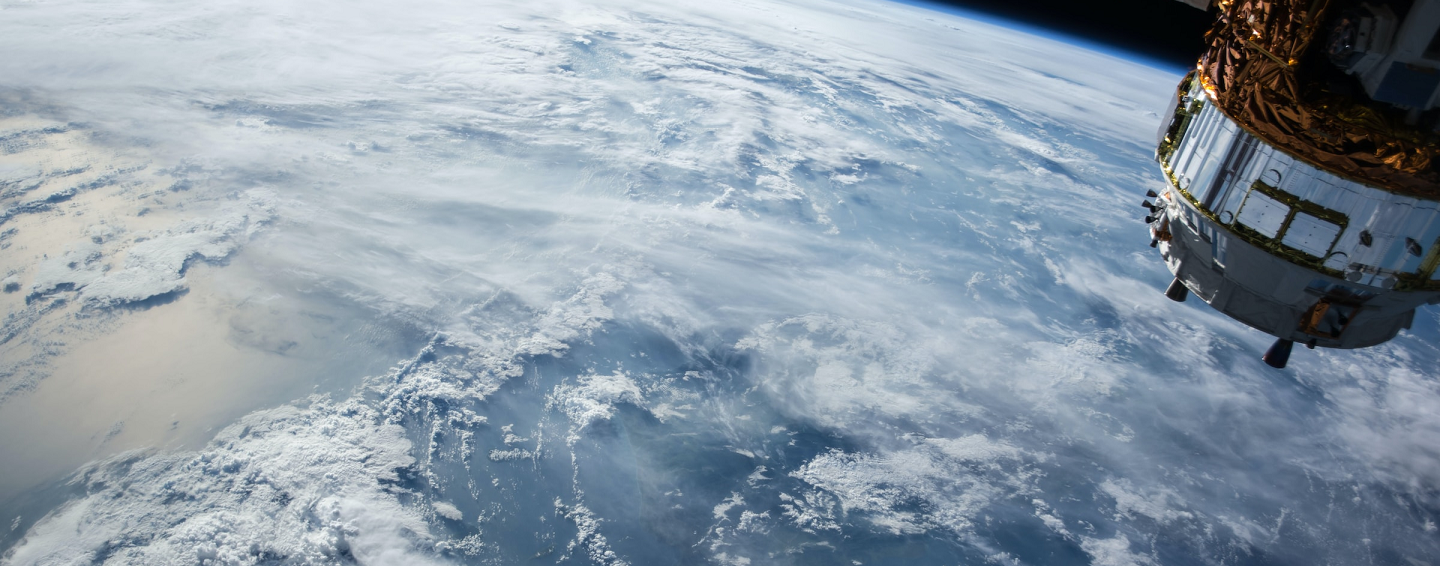Projektid (3)

Georuumiline luure keskkonnanõuete täitmise ja hindamise jaoks (GIECA)
2023 | Käimasolev
Projekt GIECA (Geospatial Intelligence for Environmental Compliance and Assessment) keskendub kaasaegsete tehnoloogiate - näiteks satelliidipiltide, droonide ja tehisintellekti - kasutamisele, et aidata avastada ja uurida keskkonnakuritegusid.
Loe edasi +

Criteria for the Assessment of the Environmental Damage (CAED)
2019 | Käimasolev
The project aims to define criteria for the assessment of environmental damage and imminent threat of damage and build technical and procedural capacity in screening cases and determining clues and evidence of environmental damage and threat of damage under the Environmental Liability Directive (ELD), caused by environmental incidents, violations, eco-criminal acts.
Loe edasi +

Financial Provisions
2016 | Käimasolev
When sites go into liquidation provisions are generally not made for environmental clean-up and leave substantial environmental legacies which need subsequently to be addressed. Different solutions have been sought across Europe and include the use of insurance policies, financial provisions, and bonds. The issue of insolvency remains and even if provisions are made these are often ignored by the liquidator with the result that nothing is left for the environment as it is seen as subservient to company law. Ultimately lengthy legal battles may still result in the tax payer covering the expense – in direct contradiction of the polluter pays principle.
Loe edasi +